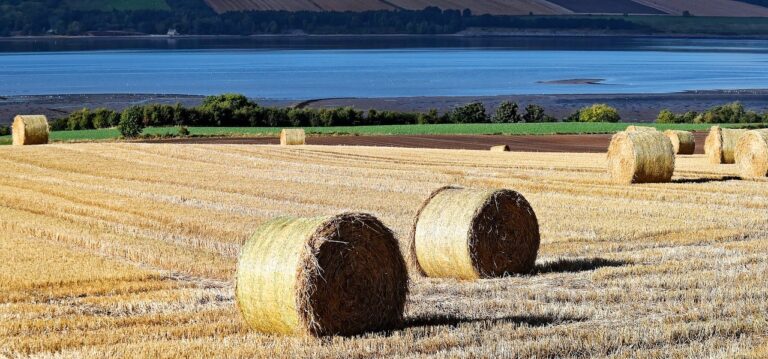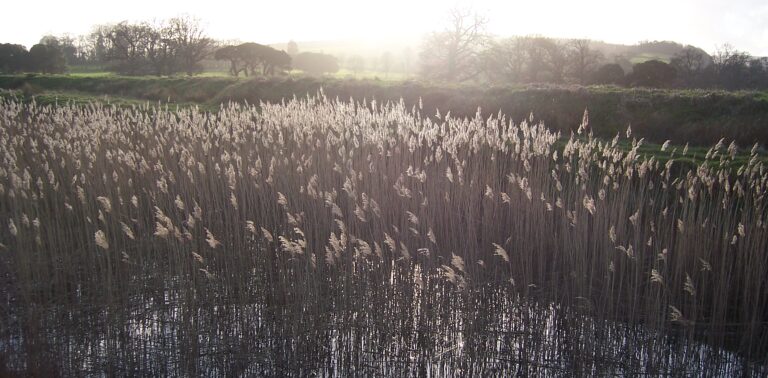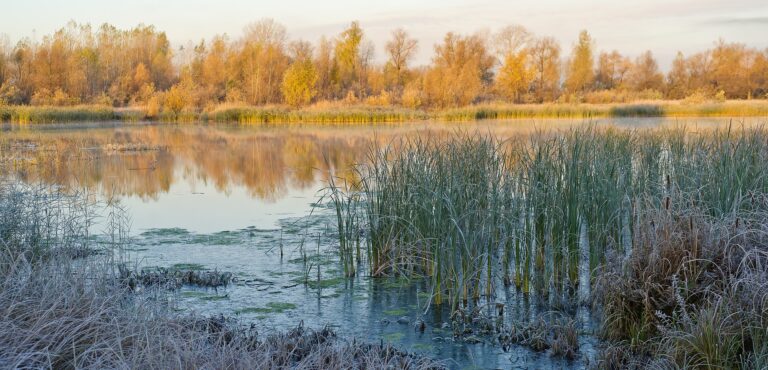
Flourishing Floodplains Case Studies Success
The CCRI recently completed a series of case studies working with and for farmers as part of the Flourishing Floodplains project.
View all research projects from CCRI.

The CCRI recently completed a series of case studies working with and for farmers as part of the Flourishing Floodplains project.

Funded by Natural England, this five-month project, which started in November 2021, mapped the uptake of Environmental Stewardship and Countryside Stewardship building maintenance options. Once the mapping was complete, analysis of the geographic pattern of uptake was compared to the national character mapping to identify gaps in uptake.

The Heart of the South West LEP commissioned CCRI to undertake research in order to understand what, if any, obstacles exist for farmers and land managers to maximise their access to SFI and future ELMs schemes.

This research built on previous work undertaken for the same funders, including work by CCRI which explored rural vulnerability from a public utilities’ perspective

The CCRI are currently involved in an on-going series of themed research projects under the DEFRA Research and Experimental Development (R&D) Framework.

This Natural England funded project took place over three months in early 2022, and enabled Chris Short and Dr Phil Staddon to produce a rigorous assessment of the sensitivity of habitats in Britain to climate change. The assessment will be based on consultations with habitat and climate change experts.

This Defra funded project aims to evaluate the Farming in Protected Landscape programme (FiPL) in England’s 34 AONBs and 10 National Parks, in order to feed into programme design and implementation throughout the funded period (2021 – 2024) and inform future policy and practice.

The results produced a set of high-level social indicators and their sub-indicators for measuring agreement holders’ levels of nature connectedness and the influence of relational values on their environmental behaviours.

During this project, we will give thought to a full range of management approaches when considering how a citizen science monitoring framework could contribute to Integrated Catchment Management.